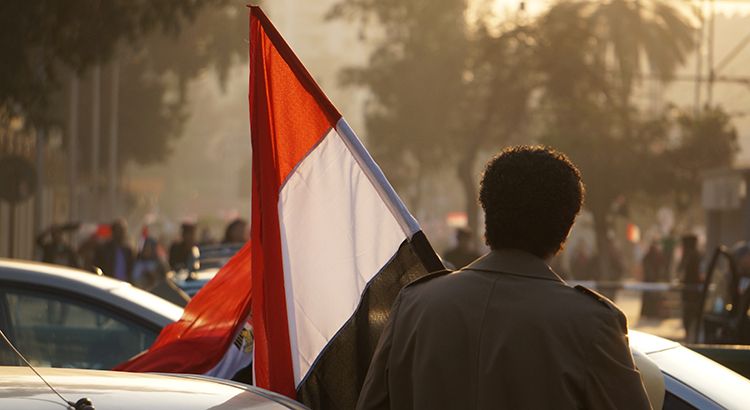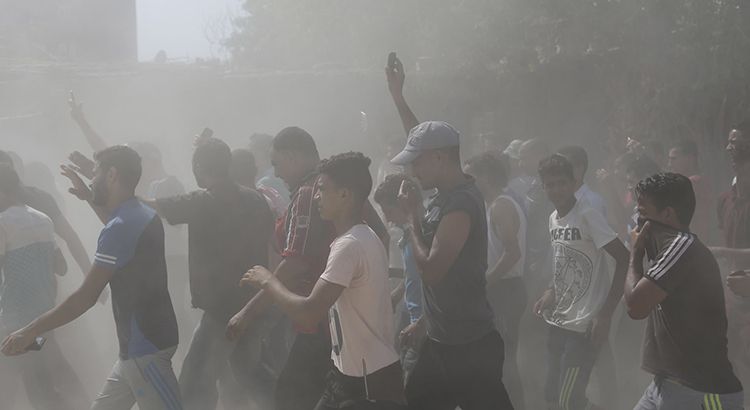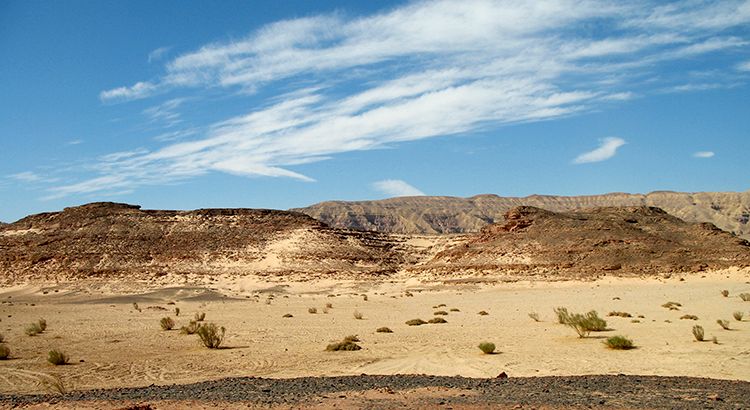We Need to Understand Why States Object to the Presence of Foreign-funded NGOs
More and more countries restrict how NGOs operate, often by limiting their funding. The response is frequently to argue that these restrictions flout international law or amount to crackdowns on the opposition. Annika Elena Poppe and Jonas Wolff argue that the objections to NGO activity need to be taken seriously. In Egypt, for example, they are rooted in concerns about sovereignty and foreign interference.


